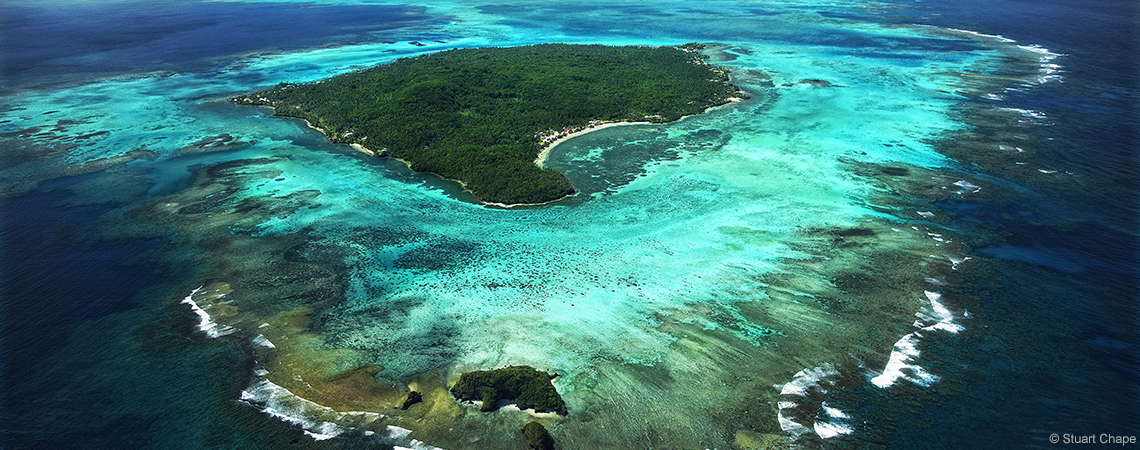
Photo:
The objective of this project is to increase the resilience of the tourism sector of Samoa through mainstreaming climate risks into tourism-related policy processes and adaptation actions in coastal communities and tourism operators. As detailed in the project framework, tourism is a vital economic force in Samoa representing around 30% of GDP, and providing livelihood to many local businesses in the accomodation, catering and transportation sub-sectors, providing broader income opportunities through its knock off effects in the tourism value chain, such as handicrafts, agricultural production, communication services, etc. The benefits from tourism nationally and for local communities go well beyond direct economic impacts.
- Community
- National Governments
Tourism-reliant Communities in Samoa
- Ministry of Natural Resources and Environment (MNRE), Government of Samoa
- Samoa Tourism Authority
- United Nations Development Programme (UNDP)
- Global Environment Facility (GEF)
The proposed project is exclusively country-driven, having been identifed by the Government of Samoa and developed in full consultation with the Samoa Tourism Authority and Ministry of Natural Resources and Environment. The proposed project will enable Government of Samoa to to work in close partnership with other stakeholders to integrate climate change risk considerations into coastal development and land use planning, which are priority interventions eligible under LDCF guidelines. The project focuses on expanding the resilience of natural and socio-conomic systems in tourism-related operations and areas, enhancing livelihood strategies and supporting communities against climate change-induced hazards. This will be pursued through strenghtening multi-level stakeholder collaboration and public-private partnerships to introduce a set of locally-tailored adaptation merasures; strenghtening of institutional capacities to integrate climate change and disaster risks in tourism-related policy frameworks; and improving local awareness and understanding of the necessity and benefits of preparedness for climate change risks, which are aligned with the scope of expected interventions as articulated in the LDCF programming paper and decision 5/CP.9.
LDCF resources will be used to prepare integrated and climate-sensitive management plans for 5 Tourism Development Areas, involving at least 9 villages and 15 community-owned tourism operations, as well as the broader communities in the villages:
- South-East Upolu TDA: Lalomanu, Saleapaga
- North-West Upolu TDA: Manng
UNDP Samoa
Outcome 1: Climate change adaptation mainstreamed into tourism-related policy instruments and public-private partnerships
- Output 1.1 Management plans integrating climate risks are developed in 4 Tourism Development Areas1 involving 9 villages.
- Output 1.2 Technical guide developed on climate resilient beach tourism management practices
- Output 1.3 Recommendations developed to internalize climate change considerations into existing micro-finance, grant and loan schemes to the tourism sector and feasibility of a climate risk transfer (insurance) mechanism
Outcome 2. Increased adaptive capacity to climate change and disaster risks of tourism-reliant communites
- Output 2.1. Concrete adaptation actions in the management of coastal infrastructure, water resources, shoreline and tourism recreational activities are implemented in 5 Tourism Development Areas involving 9 villages and at least 15 community-owned beach tourism operations, ensuring that both women and men participate in and benefit from these.
- Output 2.2 Coastal tourism operators are connected to Climate Early Warning and Information system 2.3 South-South transfer of tourism adaptation case studies between operators in Samoan TDAs, and counterparts in other SIDS
- UNDPGabor VerecziRegional Technical Advisor
- UNDPMartha MoneoCO Focal Point
- Samoa Tourism AuthorityFarooq Mohamed HassanProject Manager

